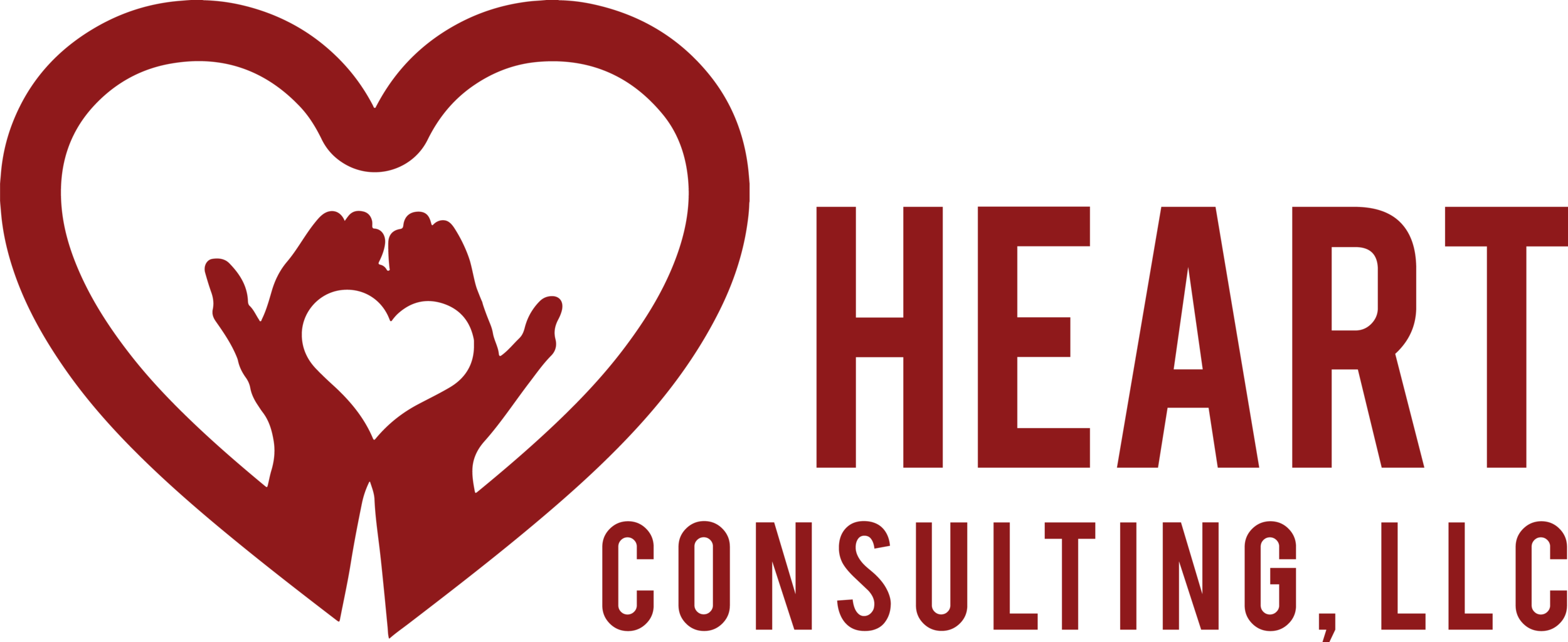Mental Health Awareness Month: Say No to ABA
For decades, the usual process for identifying and diagnosing Autism in kids has been a doctor brings it up, refers for a neuropsych eval, says something to the effect of “early intervention is key”, and recommends Applied Behavioral Analysis (ABA) to parents. And then parents are on their own to do their own research, which after this conversation can feel daunting as there is so much out there.
But let’s be honest, doctors don’t really have much (if any) training when it comes to Autism, are not familiar with the other options available, and make decisions based on the medical model of disability. This model looks at disability as though someone is “broken” and needs to be “fixed”. This model is a major problem, as Autism can often only become a disability when living in a society that is not willing to accommodate needs and creates more barriers.
So what exactly is the problem with ABA (and other behavioral interventions)? First, ABA’s focus is on eliminating behaviors that they have deemed problematic. It encourages, or even forces, masking of Autistic traits to appear neurotypical and just “fit in”. When a therapist focuses solely on eliminating a behavior, without fully understanding the purpose of that behavior (there’s always a purpose to every behavior), it completely disregards an entire part of who this person is and what they need. For example, stimming is often a form of emotional regulation and sensory stimulation. If you use rewards and punishments to eliminate this behavior, how do you expect that person to cope with anxiety?
Next, there’s the issue of trained compliance. I see many clients who have experienced abuse or unhealthy relationships, and one thing I can always point to is the fact that many Autistic people are taught to obey, fit in, and do as their told starting from a young age. But where’s the assertiveness training? Why aren’t we teaching Autisitic kids about their rights, that they CAN in fact say no to someone who is making them feel unsafe or uncomfortable? ABA works to force kids to simply be polite, but being polite is not appropriate or necessary in all situations.
When I think about the large number of Autistic people, including kids, who have experienced trauma, I think about how detrimental this type of therapy would be. Many “challenging behaviors” have the purpose of keeping someone safe. If a kid is yelling because someone touched them, and we simply try to make them stop yelling through consequences, we are missing the point. What actually needs to happen here is an understanding that this kid does not want to be touched, for whatever reason (whether it’s trauma related, sensory related, or they just don’t feel like being touched which is totally valid too), and then don’t touch them. Simple as that.
Finally, and really this should have been my first point, AUTISTIC PEOPLE HAVE SAID IT’S HARMFUL! Many Autistics have come out in opposition to ABA and similar therapies, saying how it was traumatizing and created more anxiety and depression by forcing them to mask. Need examples? Check out these articles from Neuroclastic written by Autistic authors about their experiences with ABA and why they are opposed.
Here’s my other concern with ABA: many of these business are run in ways that focus on profits, not on what is best for kids. I’ve had clients who see an ABA therapist for 3 hour sessions after school, are pushed and pushed to achieve the goals set FOR them (not with them), and waiting until a meltdown happens to then say “Okay you can have a three minute break now”. It’s highly structured, strict, and I can’t imagine having to spend that amount of time doing more work after already having a full day of feeling overwhelmed. ABA companies have lobbyists, they are pushed by organizations like Autism Speaks who have often talked about “curing” Autism and using scare tactics to make Autism diagnosis something to be feared. This is not strengths based approaches, it’s not neurodiverse affirmative, and it’s not the right option.
I understand that kids need to learn how to care for themselves, brush their teeth, maintain hygiene, do chores, etc. But ABA is not the solution to this, they do not have a monopoly on being the only way to teach kids skills. Occupational therapists can do a great job of teaching skills in person-centered ways, that are catered to each kid and neurodiverse affirmative. I also recommend Play Therapy, in which kids can be kids again rather than participate in highly structured and strict three hour sessions. Kids learn best through play, this has been shown in many research studies.
Parents finding out their kids are diagnosed with Autism can feel scary, but it doesn’t have to be that way. Let’s focus on strengths, focus on the importance of neurodiversity in our world and have an understanding that all brains simply work differently, but that does not mean we have to “fix” anyone.
Ellen Merker, MS LPC
